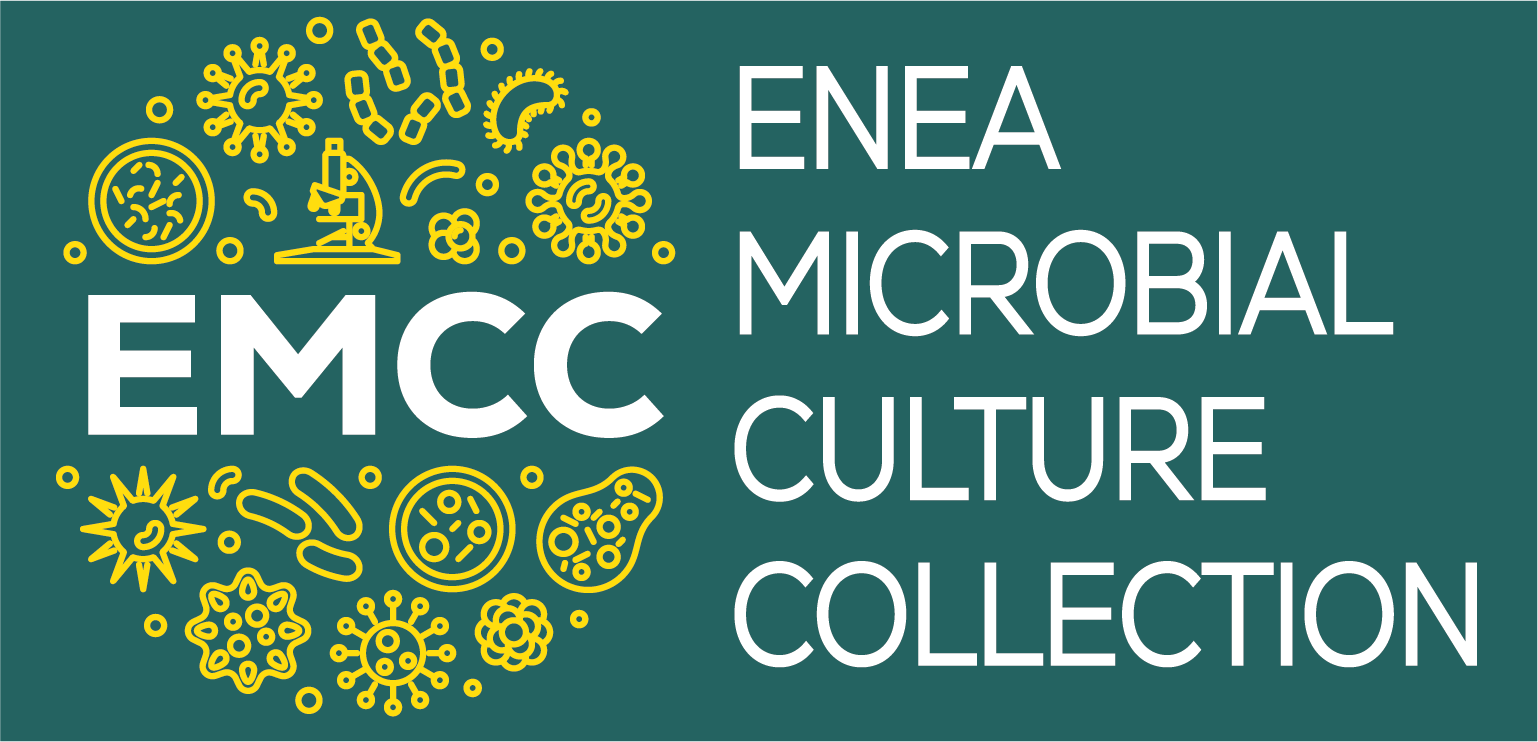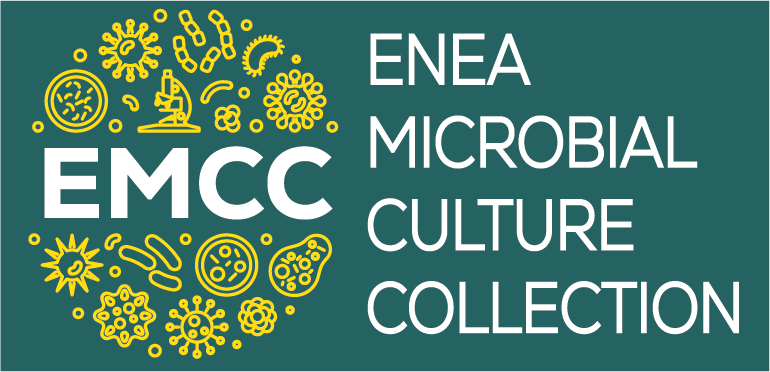ENEA Microbial Culture Collection
The ENEA microbial collection
Preserving Microorganisms for the Well-being of Our Planet
The crucial role played by microorganisms in sustaining life on Earth is undeniable, yet the existing knowledge about the extent of microbial diversity and its global distribution is currently incomplete. The added value created by microbial biodiversity is underestimated, despite microorganisms providing critical ecosystem services for local and global sustainability and is for this reason that the international scientific community has launched a universal appeal for a collective effort towards understanding and conserving microbial biodiversity. In accordance with the Convention on Biological Diversity (CBD), the conservation of microorganisms "ex-situ" (i.e., in specialized collections) plays an essential role since the complexity of unicellular organisms makes difficult to carry out "in-situ" conservation (i.e., in the same place where they reside and would be isolated). Microbial collections, therefore, serve as excellent tools to safeguarde microbial biodiversity and advance bioeconomy and biosustainability.
The establishment of an ENEA collection fully addresses these needs. Over the years, ENEA researchers have isolated, characterized, and preserved microorganisms (bacteria, fungi, algae, viruses), as well as microbial pools, from various environmental matrices and natural ecosystems with significant potential applications in environmental, cultural heritage, health, agri-food, and bioenergy fields. The ENEA microbial collection includes: i) bacterial and fungal strains with plant growth promotion and phytopathogenic fungi biocontrol; ii) microbial strains adapted to extreme environment (contaminated and degraded sites, arid and impoverished soils, archaeological sites, and underground environments); iii) microbial strains useful for the high-added value molecules production for food use and in the conversion processes of biomass into liquid and/or gaseous biofuels or products of interest to the chemical industry; iv) microbial strains and pools with hydrolytic and fermenting functions for biotechnological applications; v) freshwater and marine microalgal strains useful for producing bio-based molecules in the nutraceutical, cosmeceutical, and pharmaceutical sectors or for energy production and/or green chemistry products; vi) a plant virus with applications in various nanotechnology sectors, especially in biomedicine, for developing innovative vaccines, diagnostic systems, and targeted drug delivery in oncology.
The ENEA microbial collection, therefore, represents a valuable resource for the biotechnologies development and a tool to safeguard and enhance the acquired microbial biodiversity resources.


